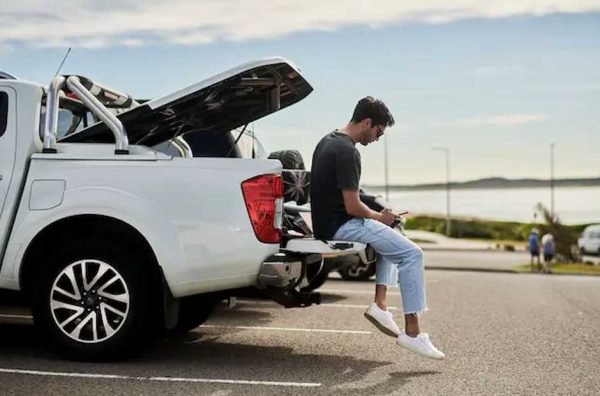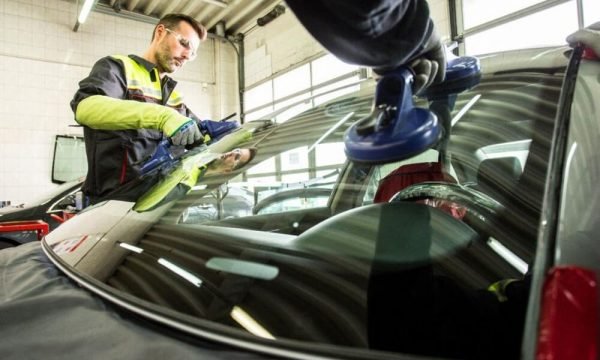Owning a classic car is quite fun, but nobody tells you everything you need to know. I mean, sure there are a few tips that fly around now and then – and some must have stuck. But, you need more than that, if you’re going to enjoy owning and driving your hot rod. There are maintenance considerations, legal barriers, and so on. In this article, we have pieced together 7 of the most important facts that you must know as a classic car owner.
Table of Contents
Facts about classic cars
● Their value in the market does not always increase
Most of what you’ll hear about vintage cars in the news is about how much one just went for at auction, and what new price record was set. However, you should know that these expensive classic cars are only a fraction of the market. And even when they go on sale at such prices, there is no guarantee that they can command such prices when next they return to the auction block.
Vintage cars are only worth as much as the buyers think they are. And since the community of vintage car enthusiasts is shrinking, because younger adults are shifting to other hobbies, it’s even more important to be aware of the fact that vintage cars don’t increase in value perpetually.
● They can be great investment assets
We know that, considering the previous point, this may sound counterintuitive. However, the truth remains that classic cars retain the potential to return significant profits. Depending on the quality and how rare your car is, you can earn a decent positive spread.
The Mustangs, Camaros, and just about every other classic car that was mass-produced back in the day might not bring you enough profit to be considered great investment assets. But, the rarer Ferraris, Lamborghinis, and other vehicles that were produced in limited numbers may continue to retain investment value.
So, you might want to hold on a bit longer on kicking that rusty old 1960 Ferrari GTO, that was passed down from your granddad to the curb.
● They cannot be stored improperly
Whether or not your classic car counts as a great investment asset, if you are going to get anything for it, you must keep it in pristine health. And the general body and engine health of classic cars depends on how well they are stored.
Classic cars are very different from your regular Toyotas and F150 trucks, and as such, they cannot be treated the same way. Unlike the newer cars that are still quite resilient to elements of the weather, classic cars are particularly vulnerable to dust, rain, snow, sunlight, and excess wind. Dust gets into the inner workings, and can cause severe problems. Moisture causes rust, and sunlight and excess wind can ruin the paint job.
So, while you can simply park your regular cars anywhere, classic cars require special storage conditions. Ideally, if you’re going to be parking it for a long period, you should consult specialized services that keep the car in storage conditions with climate control, if you don’t already have these systems in your private garage. Otherwise, you can simply invest in high-quality car covers.
● They require frequent maintenance
This should go without saying, if you own a classic car, you need to keep to a strict schedule of routine and on-the-spot maintenance. These cars are pretty old and are quite far from the pristine condition that they were in when they rolled off the production line decades ago. To keep yours up and running, you’re going to have to spend quite a lot of time looking under the hood – by yourself (if you’re into that kind of thing) or pay professionals to do it.
● Tires are not very easy to find
The average American gets a new change of tires every 6 years. But, tire lifespan can be shorter, depending on frequency and intensity of usage. But that’s even assuming that the tires live out their duration of use without unplanned circumstances. But, 81% of drivers in America say that they have had flat tires; which range from small cuts that can be fixed to blowouts.
As a classic car owner, you must be aware of the fact that if you do suffer a blowout, or need to change your tires, replacements can be very hard to find. Especially if your car is a very old model. It’s simply because those types of tires are no longer produced. So, that’s something that you must keep in mind.
● You probably can’t drive them every day
Regardless of how much you love your vintage car, it may be impossible to drive it every day. Apart from the obvious toll that everyday driving would take on the car, with increased wear and tear, there are also legal limitations.
Classic cars were made long before climate consciousness and regulations became a part of the car manufacturing process. Modern cars are manufactured with certain modifications that limit emissions. These modifications are largely absent in classic cars. And as a result, several states in America limit how often you can drive your car. So, you have to get familiar with the rules that apply in your state of residence, to avoid running afoul of the law.
Final words
Driving classic cars might be more fun than driving regular cars, but you have to contend with more considerations – both practical and legal. Unfortunately, vintage cars hardly come with any manuals that outline these issues in full. Thankfully, we have come in clutch with this list of facts for you to take to heart.
Follow our blog to learn more facts and tips about owning classic cars. And if you’re interested in buying a hot rod for yourself, you should head over to Dyler; they have dozens of options for you in every make and model.





